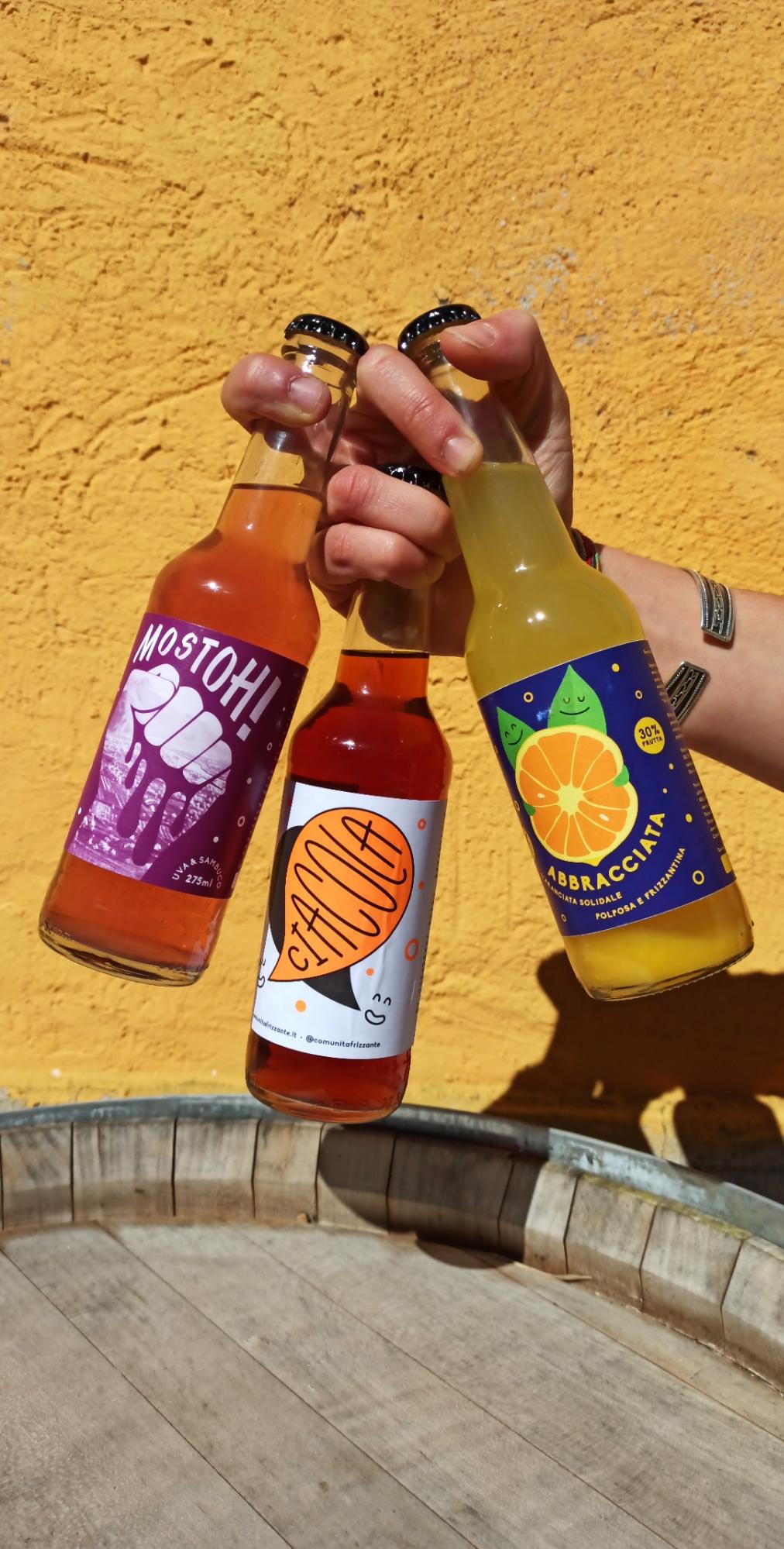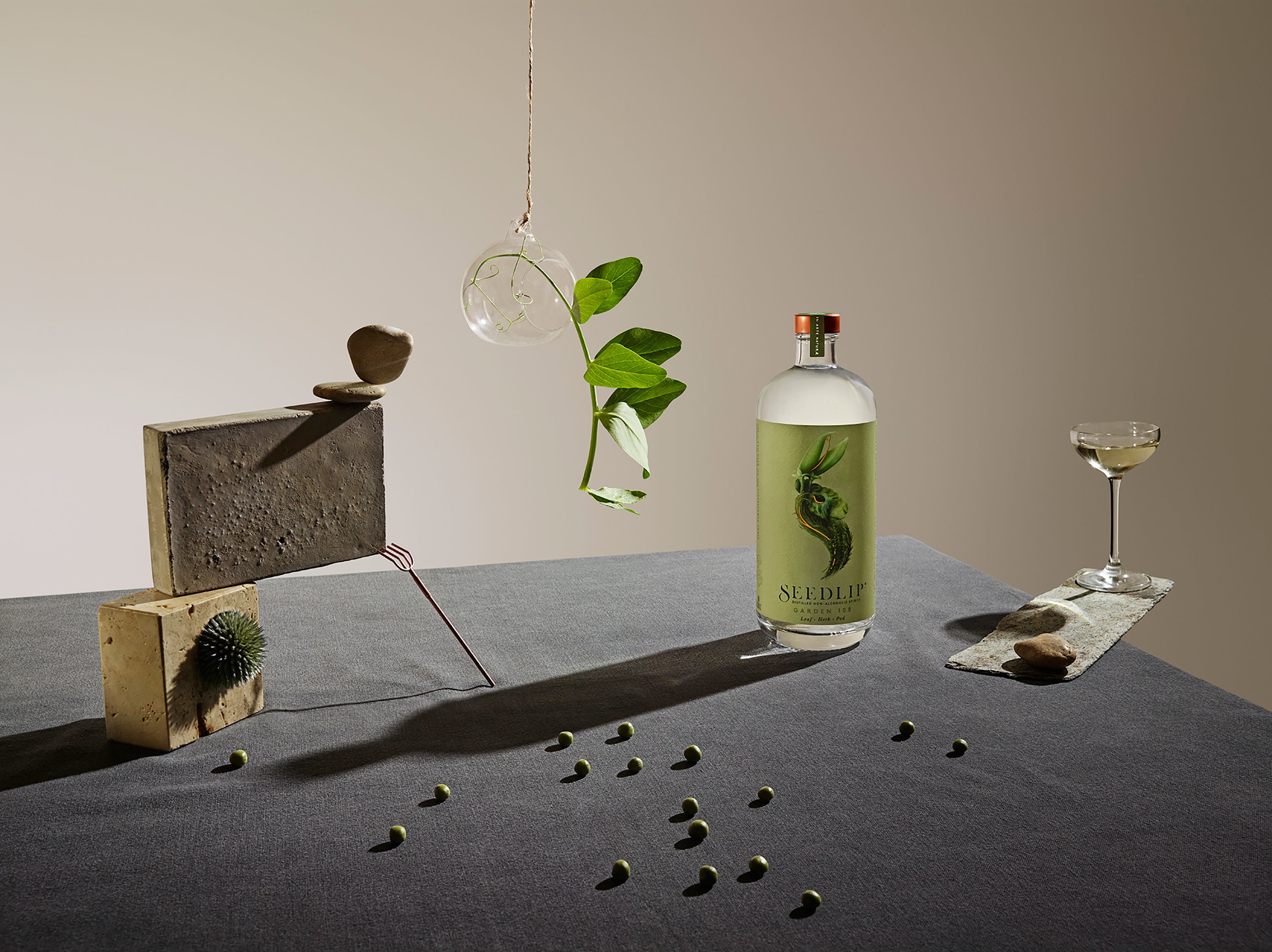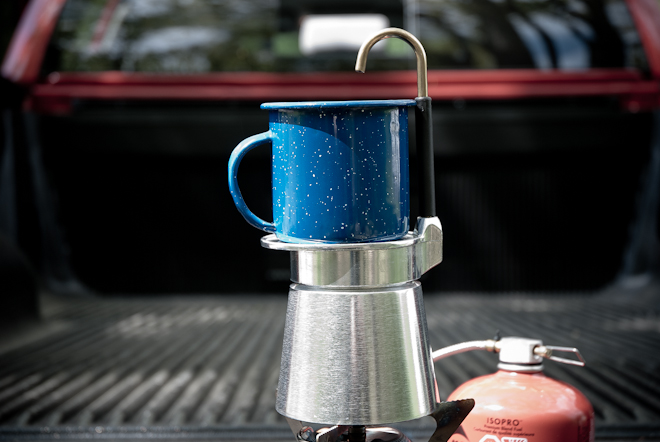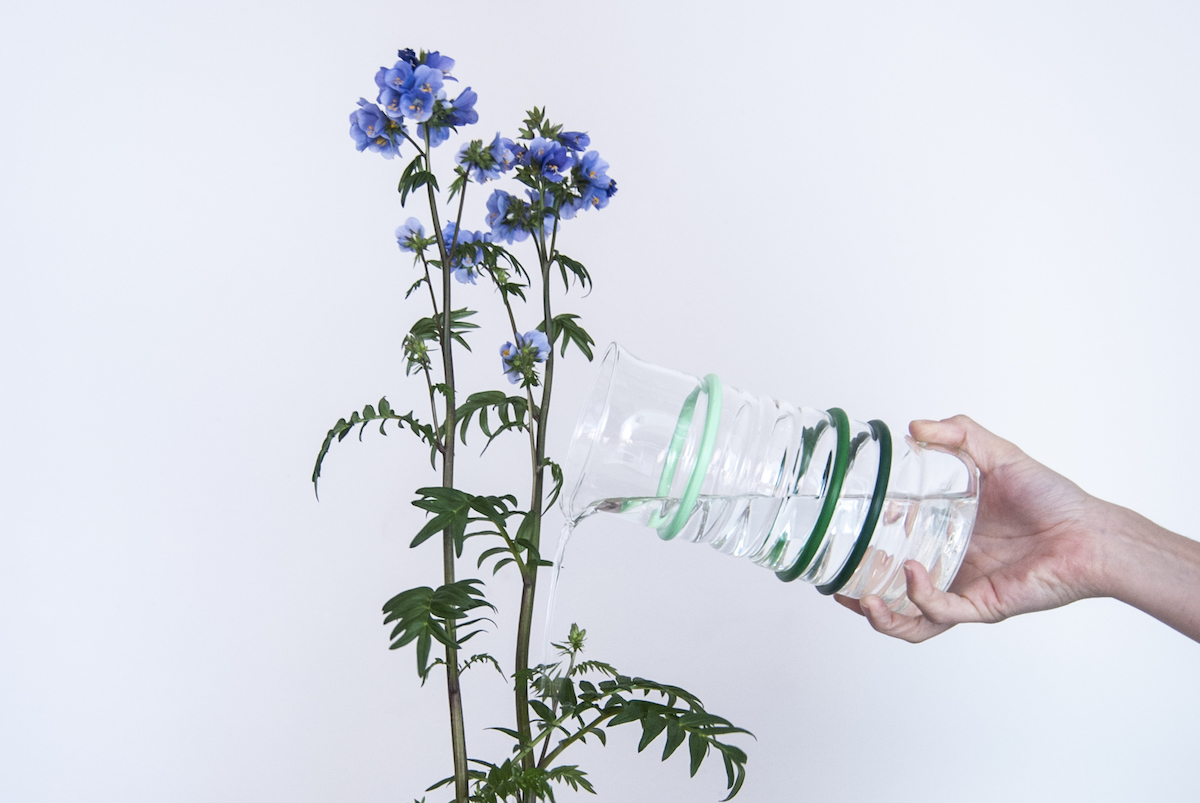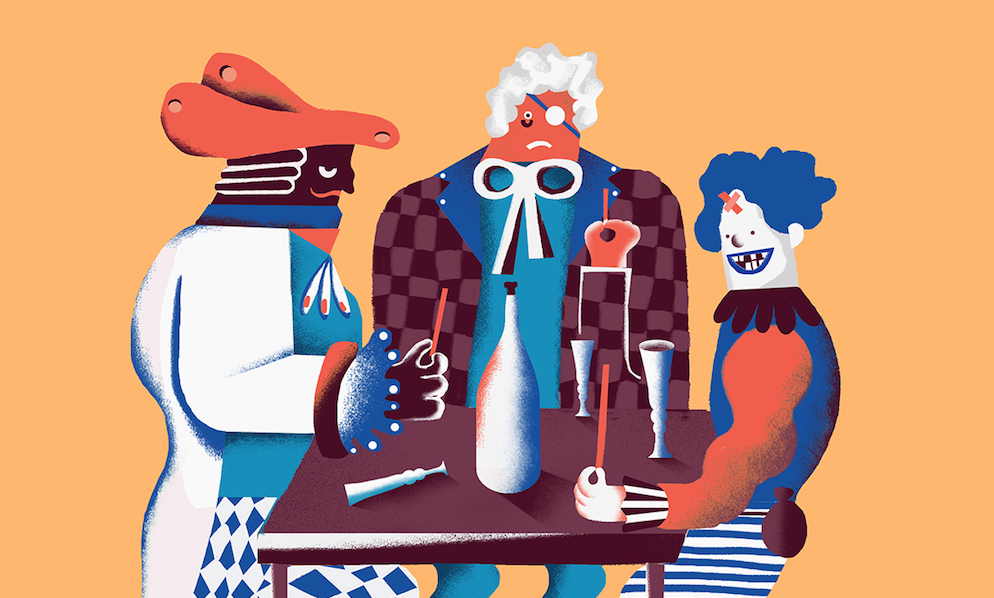The climate crisis will change beer like it has, and will, most things. Around the world, rising temperatures will make barley less accessible and thus more expensive. Even the taste of beer may be impacted by changes in irrigation practices that will be necessary to keep production stable as droughts will increasingly threaten crop yields.
If you’re a brewer or just a beer enthusiast (and who isn’t?), you probably already know this as a number of breweries around the world have taken up climate action as a key issue in the future of brewing. The Colorado brewery New Belgium Brewing, producer of the popular Fat Tire brand, has been vocal about the issue in their marketing by selling their first carbon neutral beer for $100 a pack on international beer day this year, and committing to the much celebrated “Carbon Neutral by 2030” pledge many major brands are getting behind.
“TOO DAMN LATE.” reads Scotland-based brewery BrewDog’s first sustainability report, as it openly scoffs at corporations like Amazon, Nestle, BP, and Ben & Jerry’s for their 2040 and 2050 carbon neutrality plans. BrewDog has announced this year that it has become carbon negative, making it the first international beer seller to do so. Starting on August 22, 2020, BrewDog’s beer, spirits, bars, breweries and even their ecommerce platform will be carbon negative as the business will be taking out twice as much carbon from the atmosphere as it will be emitting. “There has been too much bullshit and lack of meaningful action for too long,” write BrewDog founders, James Watt and Martin Dickie on corporate sustainability. “We will share the good and the bad in all its gory details.”

BrewDog is keen on “radical transparency” and it shows in their first sustainability report. As they are a self-described “punk” brewery; the corporation is in part community owned, they’re financial reports, ingredients and brewing process is publicly available. As the people who drink their beer are also part-owners of the brewery’s operations, the company is held directly accountable to the people it serves. This year’s sustainability report is the first they’ve published but it is comprehensive in its scope. In 2019 the brewery’s carbon footprint amounted to 67,951 tonnes CO2e, and in order to quickly achieve carbon negative status, the brewery has relied on carbon offsetting with a 2-year plan for reducing carbon emissions altogether.
To get things going, the brewery started funding tree planting projects in the United Kingdom, Canada and Australia. That is, until they plant their BrewDog Forest. The brewery notes, “trees are nature’s carbon killer” and in order to effectively offset their emissions, the company has bought 2,050 acres of land in the Scottish highlands with the hope of growing a native broadleaf forest ecosystem and restoring the native peatland. While planting one’s own forest might help a company avoid problematic tree planting schemes, offsetting remains to be a way of buying out one’s carbon footprint and is largely a half measure when it comes to carbon emissions. To the credit of the brewery, they admit that it is “best not to emit in the first place.”

To avoid doing so, BrewDog has also developed a plan to reduce emissions altogether and to become “zero-waste” over the course of the next two years. The plan includes investing heavily in wind-power and reusing methane that is produced from barley by returning it into the process of brewing (methane is an extremely potent greenhouse gas but in this case is considered “green” because it comes from fresh biomass, not drilling. It is often referred to as biomethane). As well as investing in an electric fleet for delivering products, the company plans to invest in an anaerobic digester plant to purify wastewater and create more usable methane, and capture CO2 produced from the fermentation process.

Their plan to become zero-waste has necessarily led to the creation of new products from ingredients and materials that were previously labelled as unusable. A Bad Beer Vodka will be made from beer that is too old to sell, old fruits will be used to create a special sour beer, a MEGA (Make Earth Great Again) beer is brewed by replacing 20% of the barley with surplus fresh bread that would otherwise go to waste, any cans that may have had mistakes in the manufacturing process will be repurposed and used for their PUNK IPA beer, and spent spelt from their breweries will be used to make (alcohol-free) dog biscuits.
Planting a forest of over a million trees in the Scottish Highlands, producing a whole new line of products from thrown out materials, and deploying a fleet of e-vehicles may sound like a lot on paper, but it stands as an accurate representation of the immense amount of work that will be necessary for international food and beverage brands to adjust their supply chains accordingly to the climate crisis. BrewDogs’ carbon negative beer sets an impressive bar, but as industrialized supply chains are among the primary drivers of climate change, their precedent is the least of what is necessary. Making beer more expensive and possibly taste different, may sound like a mere footnote on the long list of what the climate crisis threatens, but it is nonetheless indicative of the way that it will impact all aspects of our lives, even if it is as small as losing that beer you enjoy at the end of a long-days work.
